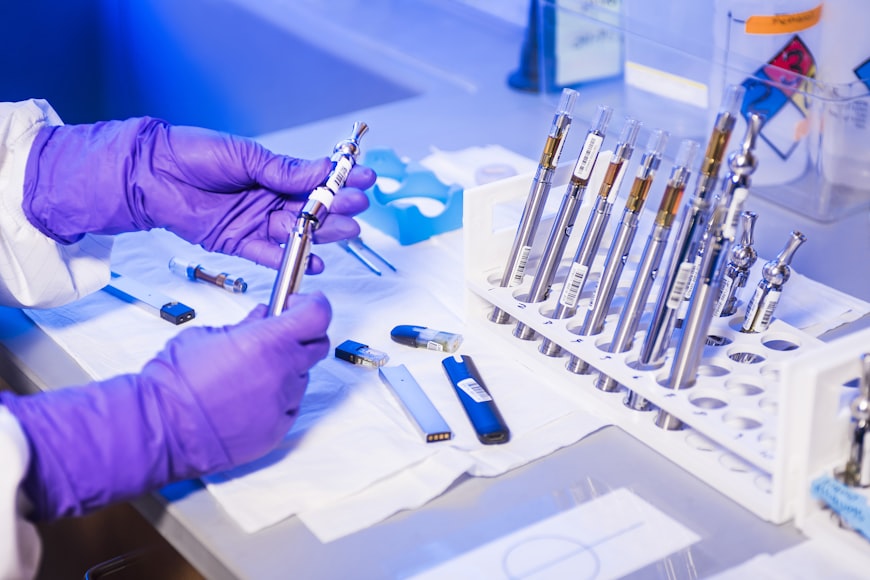With time, research organizations are becoming more efficient and patient-centric. The current research methodology embraces technological advancements and explores remote options. The COVID-19 pandemic has been critical in taking the research industry towards a virtual, flexible approach from the traditional brick-and-mortar site. This is where the decentralized clinical trial (DCT) model comes in, and today we explore terminologies in decentralized clinical trials
DCT is considered to be far more convenient for the participants, and it removes the hindrances and limitations that are often observed in conventional research. Since this is a fairly new model, there are many terminologies in decentralized clinical trials that many researchers don’t know much about. In this blog, we will define DCT and all the terms related to it
What is the DCT Model?
The DCT model of research uses technology to give participants the option of joining the research without committing their physical presence at the research site. Traditionally, clinical trials involved data collection at physical research locations, but DCT uses remote data collection software, telemedicine, and other similar options to collect data.
The purpose of DCT is to ensure the continuity of research and speed up the data collection process. It also improves the diversity factor in clinical trials as a wider group of participants can be reached using the DCT model. It’s also useful in reaching otherwise inaccessible segments of the population who may not be able to visit physical research sites.
When we talk about the DCT model, many terms such as “virtual,” “remote,” and “hybrid trials” are also used in place of DCT. Keep reading to learn about the differences between all these terms and how they’re related to the DCT model.
Remote or Virtual Trial
Remote and virtual trials first emerged during the COVID-19 pandemic when there were travel restrictions, and participants couldn’t visit the research site. These clinical trials began with eConsent tools to get the participants’ consent virtually. Next, electronic data capture (EDC) systems are used for remote data collection using participants’ devices or wearables.
Typically, the staff involved in the study is located centrally. However, medical providers visit the participants when specimens need to be collected or when a trained medical professional needs to be present for data collection.
Hybrid Trial
Hybrid trials are a mix of traditional randomized clinical trials and remote trials. These trials are designed to gather data while focusing on randomization. It can speed up the product development process and also reduce the cost of collecting data. It can also make it easier for the research staff to do participant follow-up as the research progresses.
The research community is moving towards the new and innovative DCT model to improve the research methodology and improve access to research. This model increases the quantity and quality of data collected in the process and ensures that the research is accurate, free of biases, and widely applicable.
Move Towards DCT with Our Clinical Data Management Systems
As a researcher, you should look for a vendor who can give you comprehensive clinical trial data management systems that allow you to take a remote or hybrid approach.
If you’re looking for reliable eConsent or EDC software, check out ClinicalPURSUIT. We have a wide range of HIPAA-approved clinical trial data management solutions that can speed up the data collection process. Schedule a demo with our experts to get started today!








